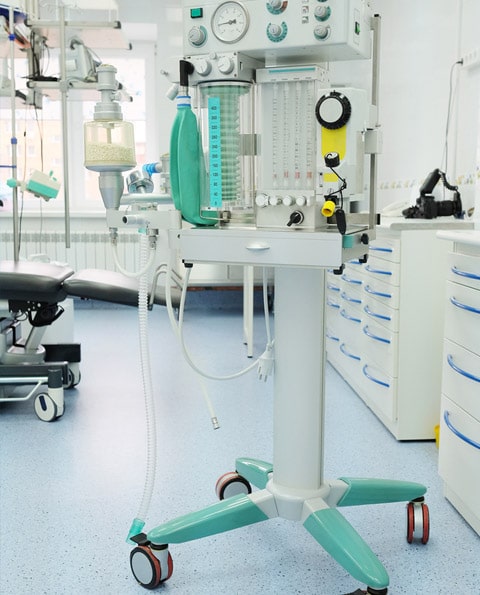Medical Anesthesia
Patients
What You Should Know
Quantum Anesthesia clinicians are highly trained and experienced in all aspects of mobile anesthesia. All providers maintain current credentials at acute-care facilities in order to be at the forefront of continuous learning and implementation of newest and safest anesthesia techniques. All practitioners are board certified, credentialed, state licensed, insured, and certified in Advanced Cardiac Life Support. Anesthesia care is delivered by the same standards as in hospital operating rooms. Quantum Anesthesia providers utilize the same medications, supplies, monitoring and emergency equipment.

Our gynecology practice could not be more satisfied with Quantum Anesthesia. Providers are skilled, accommodating and take great care of our patients. As a result of their high efficiency and skill level, we feel confident performing multiple types of procedures in our office. Our patients routinely comment on how comfortable their experience was. We highly recommend Quantum to any practice seeking high quality and dependable anesthesia services.
Dr. Kate Nash, Dr. Gregory Chen, Dr. Michele Hakimian
Progressive Care For Women
Patient Benefits
- Personal attention from start to finish
- Avoids hospital process
- Privacy and comfort
- Fast return to normal daily activities
- Cost effective
- Ease of scheduling
- Decreased time lost from work or family

Type of Anesthesia
Types of anesthesia you can receive depend on your preference, preferences of your surgeon, as well as your medical conditions:
General anesthesia produces unconsciousness so that you will not feel, see, or hear anything during the procedure. The anesthetic medications are given to you through an intravenous line or as a gas through a mask under certain circumstances. Oral or IV pre-medication might be necessary to alleviate anxiety in some cases. Insertion of an endotracheal tube or a similar breathing device might be needed during the anesthetic.
Sedation is the type of anesthetic under which you are breathing spontaneously, without assistance. Level of sedation can vary from moderate (semi-conscious) to deep, depending on your preference and that of your surgeon. Supplemental oxygen is usually given during sedation.
